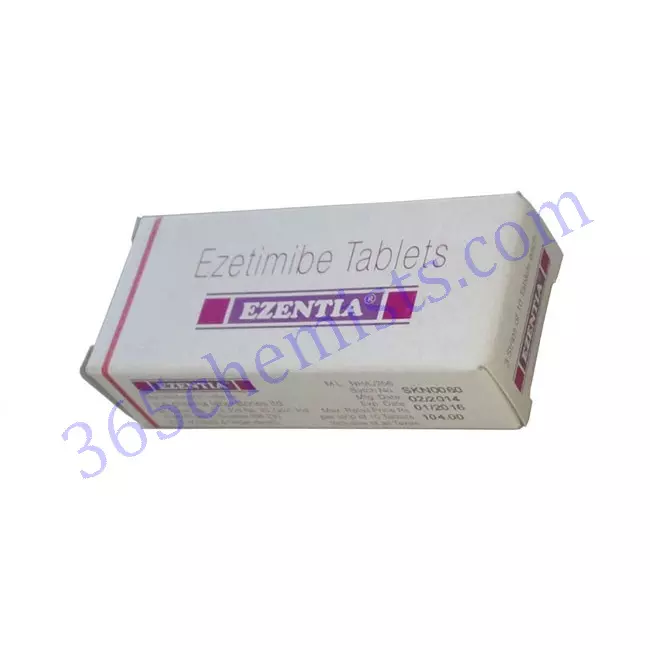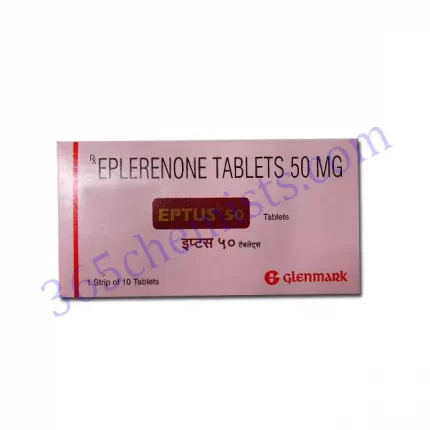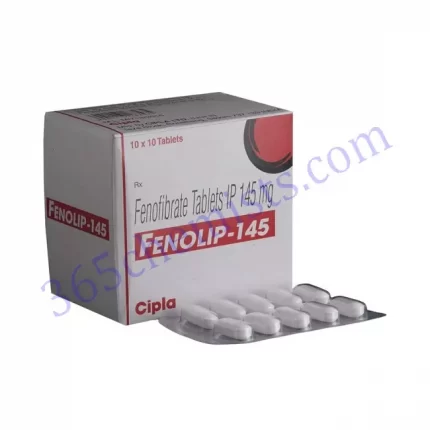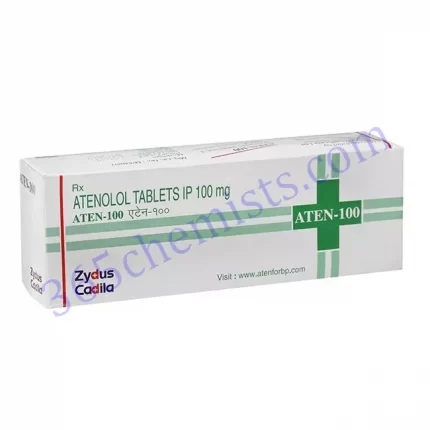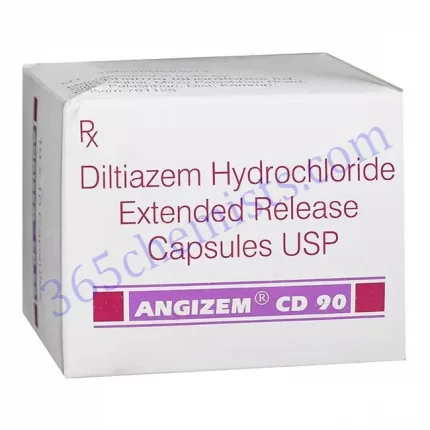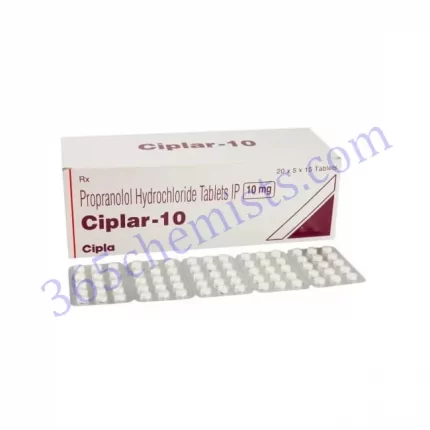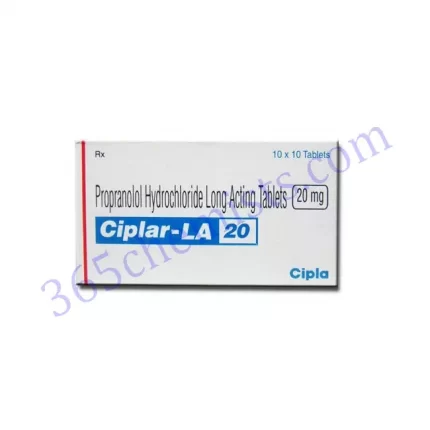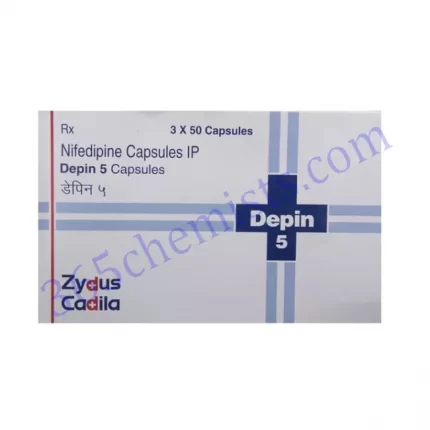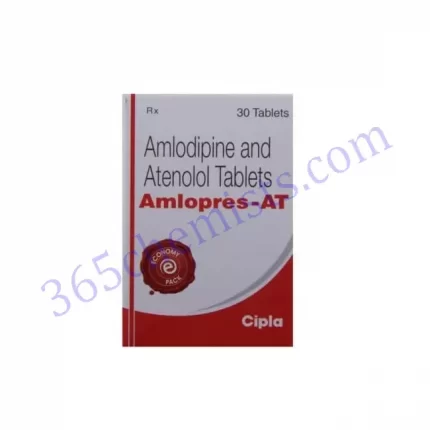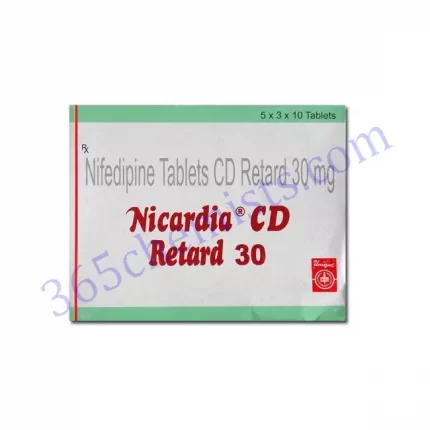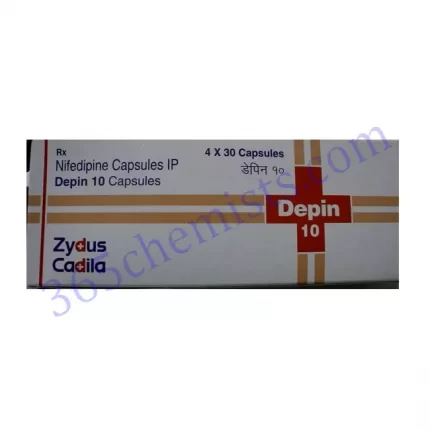Ezentia 10 Tablet: Managing Cholesterol Levels with Ezetimibe
The drug known as Ezentia 10 Tablet is one that is frequently recommended for the treatment and management of elevated cholesterol levels. Ezetimibe, the active component, is renowned for its ability to reduce cholesterol levels, and it is included in this product. In this post, we will provide a complete description of Ezentia 10 Tablet, including its applications, dosage, potential side effects, and recommendations to ensure safe and successful utilisation of the product.
Understanding High Cholesterol
One of the most important risk factors for cardiovascular disease is having high levels of cholesterol, and more specifically, having excessive levels of low-density lipoprotein (LDL) cholesterol. It is possible that this factor could play a role in the development of illnesses such as heart attacks and strokes. It is essential to keep control of one’s cholesterol levels in order to preserve cardiovascular health and lower one’s risk of developing these issues.
Ezentia 10 Tablet: Mechanism of Action
Ezetimibe is the active ingredient of Ezentia 10 Tablet, which is a pharmaceutical that belongs to a group of drugs known as cholesterol absorption inhibitors. Ezetimibe works by preventing the small intestine from absorbing as much cholesterol as it normally would from dietary sources. It does this by inhibiting the activity of a certain transporter that is accountable for cholesterol absorption, which results in a lower level of LDL cholesterol in the bloodstream.
Benefits of Ezentia 10 Tablet
Ezentia 10 Tablet provides a number of benefits in the control of high cholesterol levels, including the following:
- LDL Cholesterol Reduction: Taking one Ezentia 10 Tablet daily has been shown to significantly lower levels of LDL cholesterol in the bloodstream. It is absolutely necessary to lower LDL cholesterol in order to lessen the likelihood of developing cardiovascular disease and to improve heart health.
- Ezentia 10 Tablet can be used as an adjuvant to statin medication or as an alternative for people who are unable to tolerate statins. This treatment option falls under the category of complementary therapy. It offers an extra method for regulating cholesterol levels, hence increasing the number of therapeutic options available to people who have high cholesterol.
- Ezentia 10 Tablet Is Generally Well-Tolerated And Has A Low Incidence Of Side Effects It is generally well-tolerated and has a low incidence of side effects. Because of this, it is an excellent option for the treatment of high cholesterol over an extended period of time.
Dosage and Administration
It is recommended that a healthcare practitioner establish the appropriate dosage of Ezentia 10 Tablet for each patient based on their particular cholesterol levels, medical history, and reaction to treatment. It is essential to take the medication exactly as prescribed and pay close attention to the instructions.
Oral administration of Ezentia 10 Tablet can occur either with or without food, depending on the instructions provided by the healthcare professional. It is recommended that the tablet be taken in its entirety with a full glass of water. It is recommended that the Ezentia 10 Tablet be taken at the same time each day in order to keep the medication’s concentration in the body at a constant level.
It is essential to keep a consistent monitoring schedule for one’s cholesterol levels when using Ezentia 10 Tablet. This assists in determining how effective the treatment is and enables any necessary adjustments to be made to the dosage in the event that it is required. In order to achieve the best possible results in the control of cholesterol, it is essential to keep all of your follow-up sessions.
Potential Side Effects
It is possible that the Ezentia 10 Tablet will induce certain adverse effects in some people. Symptoms related to the gastrointestinal tract, such as diarrhoea, abdominal pain, and flatulence, are among the most common adverse reactions. These negative reactions to medicine are typically modest and fleeting, and they frequently go away on their own as the body becomes accustomed to the treatment.
Ezentia 10 Tablet may, in extremely unusual circumstances, create more significant adverse effects that call for immediate medical intervention. Rhabdomyolysis is a very uncommon disorder that can cause symptoms such as muscle discomfort, tenderness, or weakness. These symptoms may be an indicator of the condition. In the event that any significant adverse effects manifest, it is imperative to seek medical attention as soon as possible.
Precautions and Interactions
It is imperative that any pre-existing medical issues, allergies, or drugs that are currently being taken be disclosed to a qualified medical expert prior to beginning treatment with Ezentia 10 Tablet. Individuals who have a history of liver difficulties or who now suffer from liver disease may need to take further care or have their dosage adjusted.
There is a possibility of an interaction between Ezentia 10 Tablet and other medications, particularly some treatments that decrease cholesterol and cyclosporine. It is imperative to inform the medical professional about any and all medications that are being taken, including over-the-counter pharmaceuticals and dietary supplements made from plants, in order to prevent adverse drug reactions.
Conclusion
Individuals who suffer from excessive cholesterol levels have access to a therapy option that is both effective and well-tolerated in the form of the Ezentia 10 Tablet, which contains the active ingredient ezetimibe. Ezentia 10 Tablet helps lower LDL cholesterol levels and supports cardiovascular health by reducing the amount of cholesterol absorbed in the small intestine. This action takes place. It is essential to discuss the usage of Ezentia 10 Tablet or any other medication with a medical expert in order to receive specific advice and direction. People are able to improve their general health and well-being as well as lower their chance of developing cardiovascular issues if they take appropriate measures to manage their cholesterol levels.

